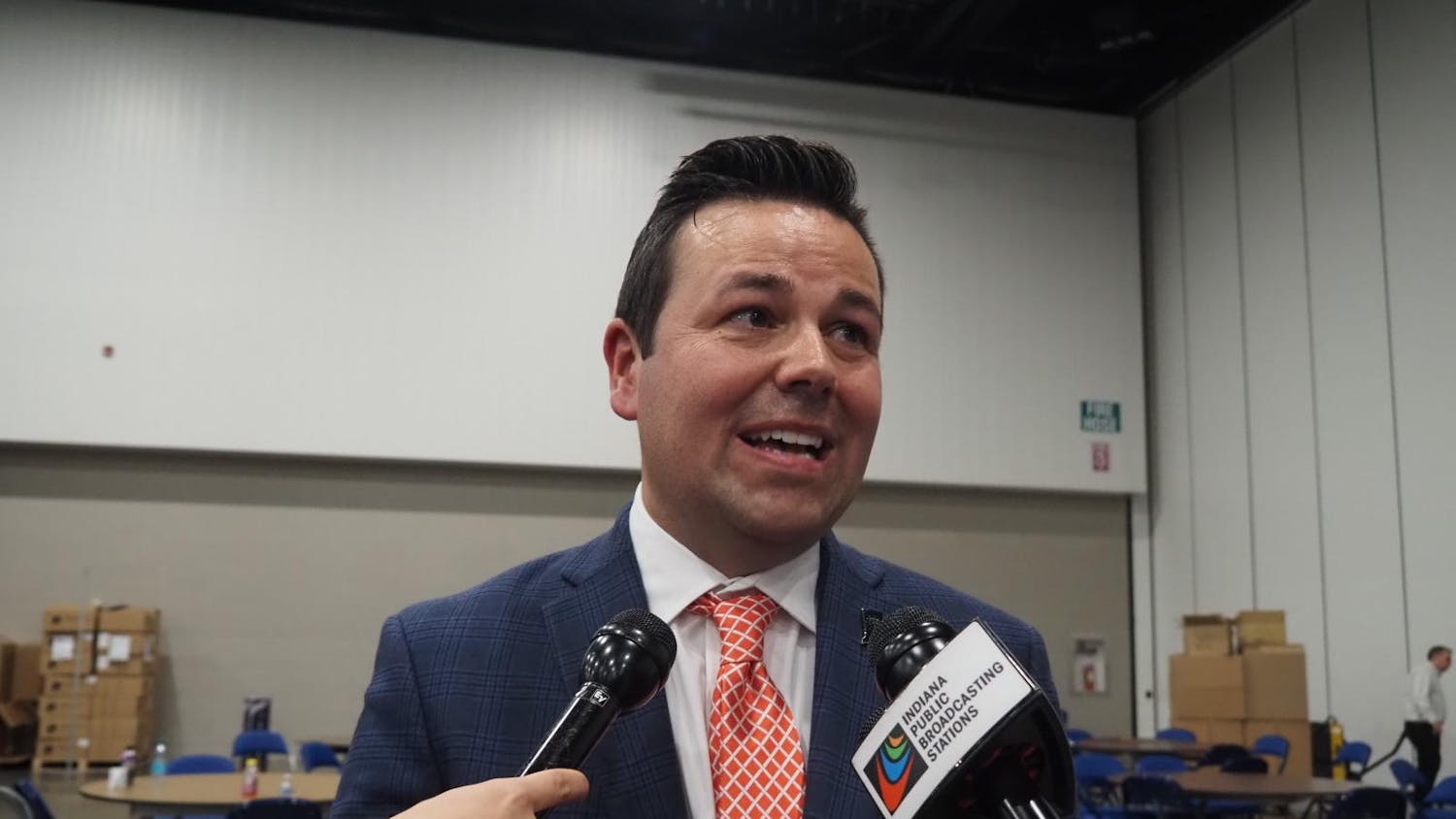For people ages 15 to 29, melanoma is the second most common form of cancer, according to the Melanoma Research Foundation. Recent graduate Emily Arth never thought she would be included in that statistic when she decided to visit her dermatologist at age 16 for run-of-the-mill teenage acne.
Arth has been diagnosed with melanoma twice in her life – first as a sophomore in high school, and then when the cancer returned during her first year of graduate school.
“The second time I found out I had it, it was more scary,” Arth said. “The cancer had come back not even 10 years later, and I’m going to live with this for the rest of my life.”
Because of cases like Arth’s, the IU Health Center is holding free melanoma screenings from 1 to 4 p.m. Wednesday in the Hoosier Room in the Indiana Memorial Union.
Kathryn Brown, health educator at the health center, urges students to come out for the event.
“In my opinion, everyone needs to be screened at some point,” Brown said. “Students should take advantage of this while it’s free.”
The Health Center started this event in 2003 when a pre-med student wanted students to be educated about melanoma and suggested the center hold a free screening.
The center runs four rooms for every screening day, which are constantly busy, Brown said.
Last year, about 65 students were screened, and the health center hopes the number will be higher this year.
“I haven’t spoken to a lot of students, but I know many go to tanning beds and lay out,” Brown said. “They think they’re invulnerable, but they’re not.”
Although many college-age students might not think about melanoma while they are lying out in the sun or in tanning beds, the threat is real. Exposure to tanning beds before age 35 increases the risk of melanoma by 75 percent, according to the Skin Cancer Foundation.
“When will you have another chance to be screened for free?” Brown said. “This cancer is happening to young people.”
The screening involves one of the two doctors checking the patient’s skin for suspicious moles and other skin markings. Some students might feel uncomfortable, but Brown assures students that they have the option of only getting certain areas checked. Also, because the doctors are male, female nurses are available if students do not want to be alone in the rooms.
Arth said she knows how uncomfortable the process can be, but she said she thinks getting checked is important. Melanoma can be prevented by taking the appropriate measures.
“Any new medical endeavor can be scary but you’re only helping yourself,” Arth said. “Students are very fortunate to have this exam available to them.”
Free Melanoma screenings today in 4 IMU rooms
Get stories like this in your inbox
Subscribe





